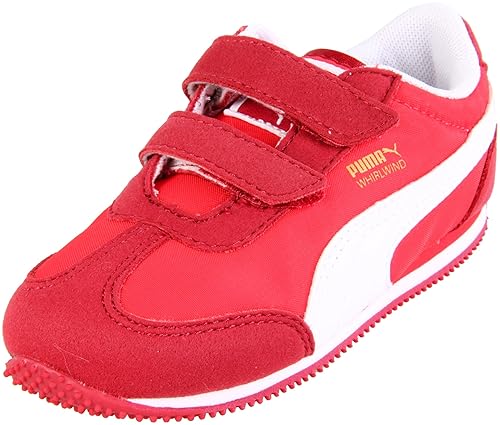At Kahlon Family Services, our staff have not only previously worked in Day Care Centers, but also regularly observe children and teachers in these environments. We realize that not everyone is able to have these kinds of experiences, so we would like to use our knowledge to help point you in the direction that is right for your child.
Here are some things to look for in a Day Care Center:
Staff
- Do they like being there? (You CAN find day care teachers who love their job!)
- Do they have a high turnover rate? (Your child will form an attachment with these people)
- How do they talk to the children, and each other? (Is it a generally uplifting place?)
- How do they talk about the children and each other? (If you hear people talking behind someone's back, beware)
- Do they talk with or at the children? (Barking orders, or having conversation?)
- Are there enough adults to do a reasonable job of taking care of the amount of kids? (Ratio)
- Are the staff performing practical child care tasks well? (Diapering/toileting, feeding, changing clothes when soiled)
- Do they supervise the children attentively? (Or are they talking to each other constantly?)
- Are they warm? (Young children really need hugs, comfort and affection)
Behavior Management
- Do they use "good" or "bad" in regular vocabulary? (Teachers should separate behavior from child every time, and avoid saying, "that was bad," "that was naughty" etc. Instead, they should give a reason why certain actions are, or are not, appropriate)
- Do they punish kids, or give consequences? (One is unrelated to the inappropriate action of the child, one is a direct result of the behavior. Punishment exerts the power of the adult over the powerlessness of the child, whereas consequences steer a child to make a better choice next time and repair the mistake that has been made)
- Do they have too many rules? (We really only ever need 3 rules; be safe, be respectful, stay where you should be)
Program
- Do they try to make it more academic than it needs to be? Or, is it not intellectually stimulating enough for the age group?
- Do they expect them to sit still for too long? Or, do they not practice any kind of attention span/self control activities?
- Do they have enough toys, materials and equipment?
- Are the kids being given a variety of experiences every day, or is it the same thing day after day?
- Is it age appropriate?
Facilities
- Is it safe for kids? (All day cares should be technically safe, but look at how items are stored, things left around the place, do they shut the gates etc.)
- Is it clean? (They should sweep and mop the floors at least once a day, they should also expect kids to put things back themselves when they are old enough)
- Or... is it too clean? (Some baby nurseries require medical grade "booties" over shoes, washed hands and sanitizer to the elbows. If you have an infant there 5 days a week, it's a little too sterile of an environment)
- Is there enough space for kids as they grow?
- Is there a place for kids to relax in a calm environment, or cool after a meltdown?
Philosophy
- Does the practical day-to-day running of the day care center match the philosophy on which it was built?
- Does the philosophy cause programming to be too stifling, or too loose?
- Does the philosophy prevent the adults from giving comfort to very young children? (Programs that ask very young children to be very independent can have detrimental effects on a child's trust for their adults)
Lastly, the biggest indicator of whether or not you have your child in a suitable placement, is the child themselves. Before they can talk, a baby can not tell you if they like day care or if their diaper is being changed enough. You need to rely on your intuition, even when you know they will go through stages of separation anxiety. If you feel like something isn't right with your placement, take the time to try and figure out why. If it seems like a problem with the center itself, it might be worth pursuing other options - maybe even trying a nanny, or nanny share situation.






